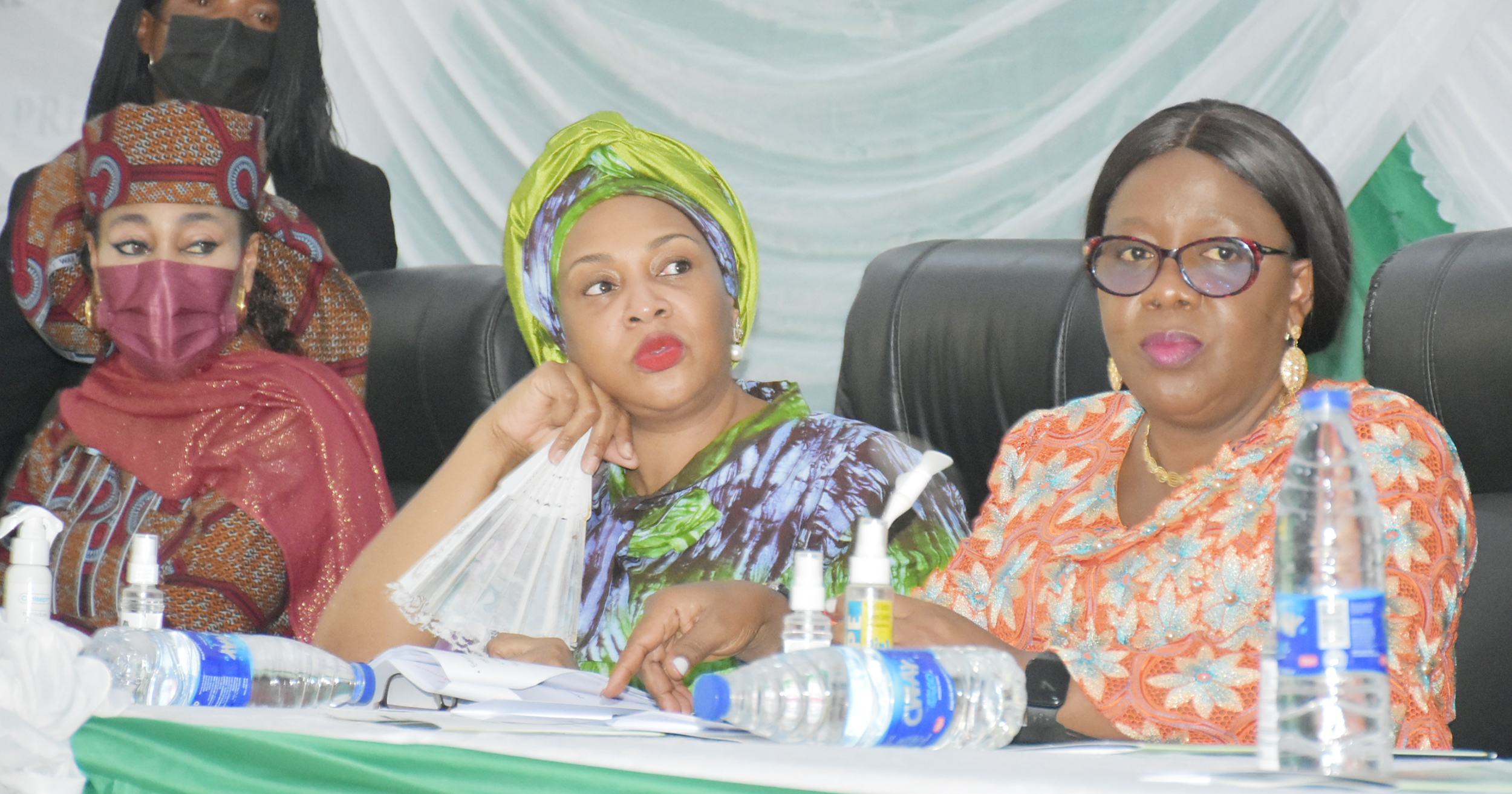Business
Nigeria Unable To Achieve Annual 1.6bn Litre Milk Target – Minister

Nigeria’s Minister of Agriculture and Rural Development, Dr Mohammed Abubakar, has said that due to continuous movement of animals in search of pasture, Nigeria has been unable to achieve its annual production target of 1.6 billion litres of milk.
The Minister said this while flagging off the National Pasture Development Programme (NAPDEP) at Paikon Kore, Gwagwalada Area Council in Federal Capital Territory (FCT).
He said the production system limits both production and productivity per animal due to lack of all-year-round availability of feeding and watering resources, thereby causing a drawback to the ability of the pastoralists to settle in a given place and produce.
The result of this continuous movement in search of pasture, he explained, has adversely affected the animals’ attainment of their optimal productivity and consistently impaired national capacity for self-sufficiency in livestock products and animal protein needs, especially the national target of 1.6 billion liters of milk per annum.
“It has eluded our national peace-building efforts through the incessant conflict between pastoralists and crop farmers along their movement routes. These have also impaired improvement in the livelihood of the pastoral families in particular and neighboring crop farmers.
“The continuous extensive system of production is not a viable option since the land area for grazing and feed availability are severely limiting factors in the high livestock producing zones of Nigeria.
“It is, therefore, very necessary and of top priority that all players in the industry focus on meeting the huge demand for pasture. This will give a great opportunity to unlock the potential of the Livestock industry and the development of its rich value chains”, he stated
Dr Abubakar continued that the launching of the NAPDEP is one of the many steps and interventions by the Federal Government through the Federal Ministry of Agriculture and Rural Development (FMARD) to mitigate the conflict, improve the sustainability of food security, national economy, and export of livestock products.
“The National Livestock Transformation Plan (NLTP) is the umbrella for all the Livestock intervention, programmes and projects, such as the Livestock Productivity Improvement and Resilience Support (LPRES) and Ruminant Livestock Intervention Programme (RULIP), as vehicles for the achievement of our national aim for the livestock sector.
“Through these, we have been able to provide the enablers for improved production practices through the establishment of pasture plots, animal handling and milk collection centres, construction of solar-powered boreholes and hand pumps, rehabilitation and construction of mini earth dams, health facilities, etc. in some selected grazing reserves and communities in the States.
“This is ongoing and part of the effort is what we are here to do today as we distribute inputs for pasture production to some beneficiaries”, he explained.
He urged partners and stakeholders within the livestock industry to embrace the NAPDEP by active participation in the value chain (production, processing, and marketing) for sustainable and improved ruminant animal production in Nigeria.
“This is to serve as a panacea for reduction in conflict emanating from cattle movement, attainment of self-sufficiency in good quality pasture/forage production, and the transition from extensive grazing to a well-planned, settled form of livestock production.
“Thus, NAPDEP will focus on forage species that are cultivated for livestock feed that are carefully selected based on adaptation to ecological areas as animal feed.
“Therefore, as a way of continuous efforts in promoting intentional pasture development in Nigeria, I have endorsed the proposal that this flag-off day becomes an annual National Pasture Planting Day that is, 28th June every year, to encourage private and public sector investments in commercial pasture production”, the Minister noted.
In his address, the Director General Of National Agricultural Seed Council (NASC), Dr Philip Ojo said the development of ranches, paddocks and grazing reserves for intensive/semi-intensive animal husbandry have severally been proffered as solution to this national security concern.
He said the efforts of the Ministry through the Department of Animal Husbandry Services to develop pastures is very timely and a step in the right direction as this will not only reduce the crop farmers and herders’ clashes but also enhance the productivity of livestock.
Business
CBN Unveils NTNIA, NRNOA Accounts For Diaspora Nigerians’ Investment

Business
Diesel Price Hike: Manufacturers Opt For Gas

Business
TCN Debunks Grid Collapse, Says Lines Tripped

-
Rivers8 hours ago
NGO Seeks Better Health For Women, Children
-
Sports5 hours ago
Chelle Sure To Qualify For 2026 W’Cup
-

 Business7 hours ago
Business7 hours agoTCN Debunks Grid Collapse, Says Lines Tripped
-
Nation4 hours ago
Cybercrime: Absence Of Legal Representation Stalls Trial Of 109 Foreigners
-
Business8 hours ago
Firm Collaborates Mastercard, USAID-Aliance To Empower 10,000 Digital Businesses
-
Sports5 hours ago
Golf: Osaze Reveals Nigeria Olympic Dream
-
Rivers8 hours ago
CAN Tasks Christians On Support For Fubara
-
Sports5 hours ago
CAF Postpones CHAN To August

